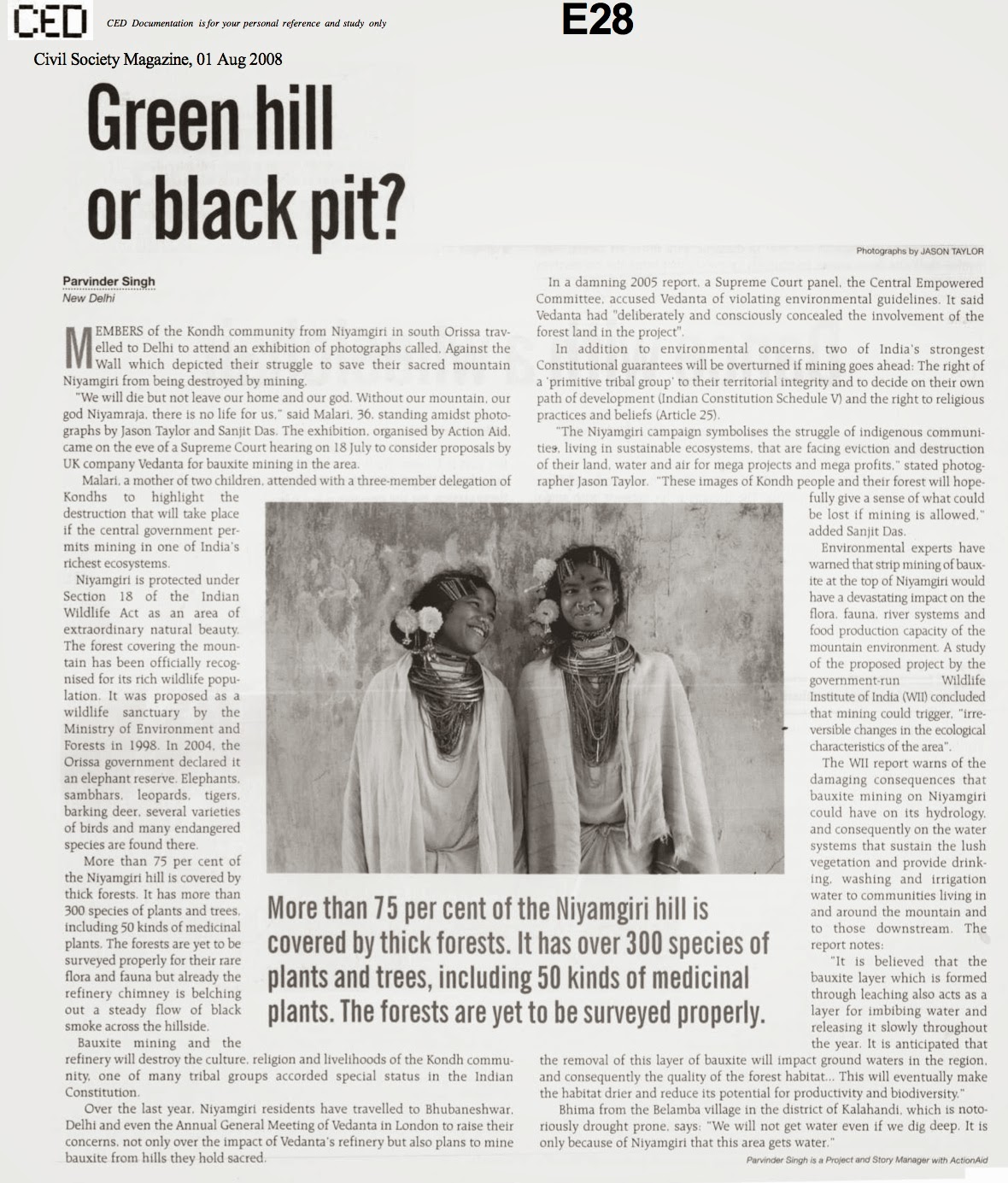Change now - Instant Karma or digital democracy?
As the dust settles from an amazing mobilization for the Jan Lokpal bill by a fasting Anna Hazare that gripped the nation and its Diasporas, sections of civil society media and commentators are attempting to recollect nuances of the campaign, its underpinnings and messaging.
Let a hundred flowers blossom -This phrase defines a basic principle of democracy which often becomes a victim of euphoria and mass hysteria. When we espouse one set of opinions it can overwhelm our senses, so much so that we may choose not to understand the others. As a nation we are no stranger to this and have paid heavy costs in not so distant a past. In this particular case the other side was not of opposition but of engagement in deeper parts with larger picture.
It is more important than ever for the civil society and activists to be clear and watchful of the nature of alliances we make and fellow travelers we walk with for moments of crescendo like the one we witnessed over the weekend.
The television coverage was mirrored by social media and the event played like a broadcast with little space for deeper discussions or analysis. The print media, however, in comparison played a balanced space and has gone into deeper discourses.
The bane of corruption is a reality that most of us with money, to cut-short queues and those with enough to just buy over the processes, have used and detested based on moments of moral convenience. It is also important to make another distinction.
The angst against corruption vented during the course of agitation (or celebration) was not driven by a sense of justice and transparency alone, but was more slanted towards morality and shame. This gave the online avatar of the campaign a heady mix of emotions and made possible political idioms of certain kind more viable.
But before we start digging, it is important to celebrate what happened.
The energy and expanse of the campaign was unprecedented and breaks the barriers of the realm of possibilities of mass protests based in urban middle class. That several hundred million people using social media and decentralized offline actions can join in an issue that was deemed beyond reproach.
This also raises a challenge for the larger civil society and activists, if mobilizations of this magnitude can be created do we have an ability to engage and dialogue with these at a pace and speed that makes it deeper and more engaging.
A petition floated by a US-based online campaign group continues to rake in signatures even after the victory dance. The celebrations on the facebook walls are unending even after the protest has wrapped up from ground zero at Jantar Mantar. This hints at the insatiable appetite the net users have for a campaign that can evoke instant action and clear ask – albeit achievable in immediate future.
The areas of protest, change and language of solidarity have radically changed. Initiated by campaign organisers, the India against Corruption team, Facebook profile badges, missed call campaigns and petitions entered the scene.
For the middle-class in Delhi, the role of participant acquired a larger canvas with many turning into chroniclers. YouTube shows up around 2,000 video results, a lot of which are amateur videos shot by participants.
Some key issues got left out of discussion and focus due to the euphoria generated by the campaign.
The debate on the bill itself for instance – the nuances got sidelined. For instance according to Save Constitution Committee, a Mumbai-based group, the provisions of the Lokpal Bill are against democracy. The group feels the prevailing laws can be effective and if properly implemented, can help curb corruption in the country. As per the Bill, the decision of the Lokpal will be final.
“This is against democracy. Today, we can use the judicial system to challenge a verdict. This will, however, not be available if the Bill is passed as a Lokpal’s decision cannot be questioned,” said Raju Korade, a member of the Save Constitution Committee.
The issue of constitution of drafting committee has also led to a slew of media statements, particularly from Baba Ramdev. He needs no introduction and has for close to a decade now been successful in carrying on with a marriage of faith-yoga-Indian-ism.
We wait for the ‘likes’ to start throwing up critical, mixed and long-lens writing to start appearing on peoples’ walls.
ENDS-


Comments